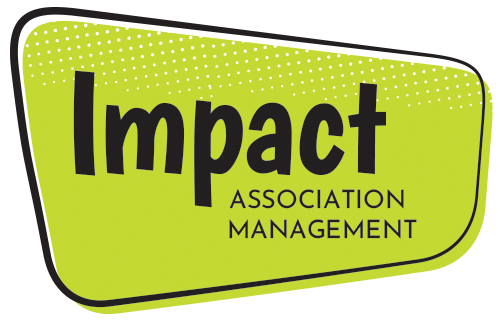Every association is lucky to have those few people who are so passionate about the organization that they volunteer for everything! They join the group eager to help in every way they can to keep the association moving in the right direction. You might notice that saying “few people” is not an understatement. An associations can be made up of 50 people or hundreds and it will still have a small amount of people who are willing to volunteer their time.
This can lead to the same handful of people volunteering for the board, committees, or events which can result in volunteer burnout. If you notice that your volunteers are becoming increasingly less enthusiastic, slacking on the job, or more and more negative, you might have a case of volunteer burnout on your hands. Recognizing this burnout is the first step in fixing it. Keep an eye out for when your volunteer’s excitement starts to dwindle.
Once you have noticed that a volunteer is starting to burnout, take a look at their workload and figure out how to divvy it up differently. Pass some responsibilities to those who are looking for more to do. This will allow your volunteer some more free time and a moment to catch their breath.
It is also important to show your appreciation for the volunteers. Feeling valued is often a strong motivator in someone’s work ethic. Showing the group that they are special and emphasizing the difference they are making will raise the morale of the group and keep them chugging along.
Another option to take the load off your volunteers, would be to hire an AMC. AMCs are there to do all of the minuscule things that your volunteers either don’t have time for or simply do not want to do. It allows them to focus on the bigger picture of the association, keeping the mission at the forefront.
Volunteer management can be a challenge, however, it is better to keep a close eye on your volunteers throughout their time with the organization than to run them into the ground.





